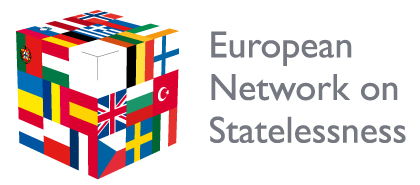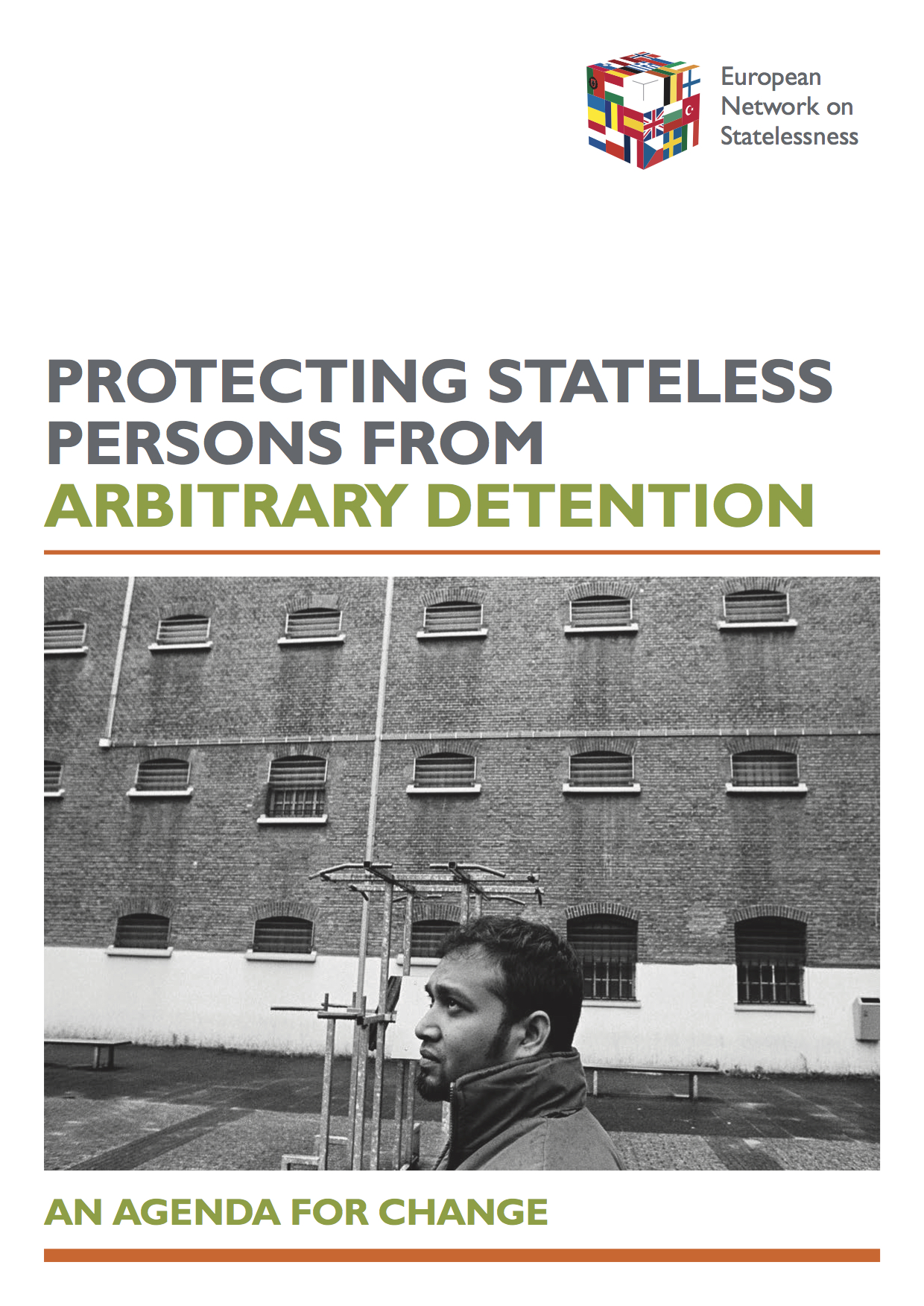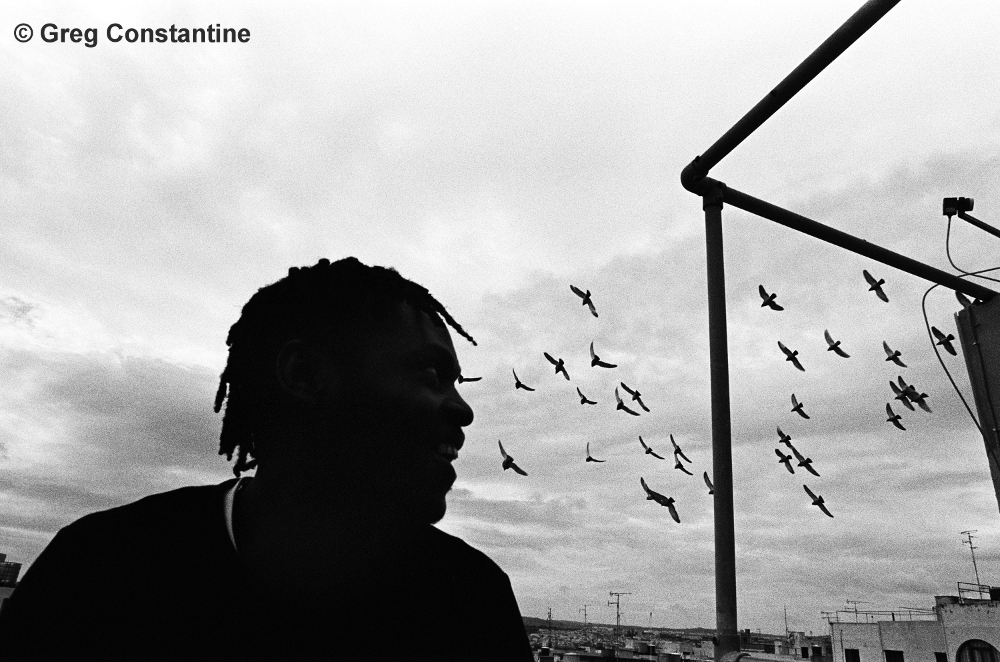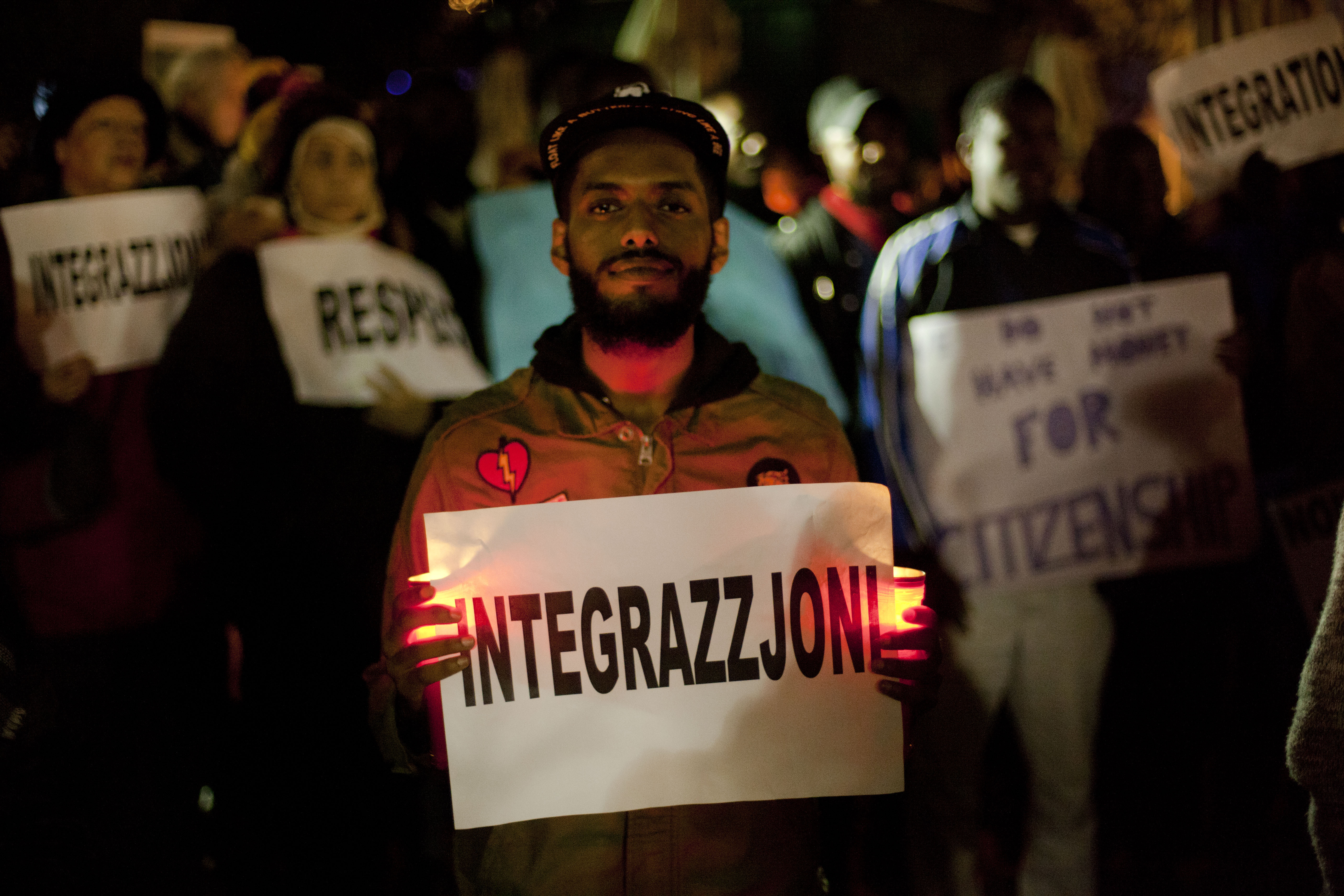
A report published today (4 May) by the European Network on Statelessness (ENS) on the use of immigration detention warns that stateless people are often detained for months and even years, without any real prospect of their cases being resolved.
This is because immigration systems do not have appropriate procedures in place to identify those who are left without nationality and to protect stateless people.
The report calls on European governments to reform their immigration and detention systems to comply with their international human rights obligations and end the arbitrary detention of stateless people.
States need to put in place procedures to identify people without nationality so that they don’t end up locked up in limbo.
Chris Nash, Director of the European Network on Statelessness said:
“Across Europe a failure by states to put in place effective systems to identify stateless people leaves them exposed to repeated and prolonged detention.
These men, women and children fall between the cracks, because no country will recognise them as nationals.
This is preventable, and today we are publishing a clear agenda for change which will help end this travesty.”
Angela Li Rosi, Deputy Director of UNHCR Bureau for Europe said:
“Stateless persons across Europe risk serious violations of their right to liberty and security of person.
They can face repeated and prolonged detention not because they committed a crime but because they are not allowed to stay in the country.
They are told they don’t belong anywhere. Their children are invisible, their families do not exist. UNHCR will continue to work with ENS to support States in ending this human suffering in Europe.”
A statement signed by civil society organisations and leading lawyers and academics from over 30 European countries will be sent to governments highlighting that consensus is building in Europe that the current use of immigration detention is unsustainable, harmful, and, in many cases, unlawful.
CASE STUDIES
“The documents I do have tell me I’m of ‘unknown nationality’. Officially I still don’t exist”
Angela is an ethnic Armenian from Azerbaijan. She fled to the Netherlands seeking asylum with her family in her early teens, but they were refused protection. Countless efforts to obtain new travel documents failed and both Armenia and Azerbaijan refused to facilitate their return. Angela was detained in 2012 during an attempt to forcibly remove her family, which had a huge emotional impact on her. A court ruled her detention unlawful and suspended forced return, but this did not end her limbo.
“Why did they hold me for seven years and gave me nothing?”
Anton is a stateless person from the former Soviet Union who was held in immigration detention in Bulgaria from 2005 to 2012. During this time, he was told he would be forcibly removed, but was never given any details about how and when. Anton remained in detention for seven years because the only alternative to detention in Bulgarian law could not be applied as he had no registered address. He was finally released after an intervention by the UN and now lives as an undocumented migrant.
“Detention made my mental health worse. It started when I got into detention. There they do not care if you cry.”
Muhammed is a Sahrawi in his late thirties who came to the UK as a minor. He was refused asylum and has been detained several times for a total of nearly four of the last eighteen years. His statelessness application was refused because he has a past criminal offence. Muhammed suffers from mental health issues. In 2015-2016, he spent fifteen months in detention despite the authorities accepting that he was Sahrawi and therefore had no prospects of removal.
“Immigration detention is far far worse than prison because there is no time limit.”
Okeke is in his thirties and has always lived in the UK. He was probably born there although he has no birth certificate. He believes that his parents are British but he lost contact with them as a teenager after fleeing years of domestic abuse. Okeke has faced a life of destitution and isolation due to his lack of documents and the abuse he suffered as a child. After a criminal conviction for theft, he was sent to immigration detention subject to a deportation order. Despite being classified as a person of ‘unknown nationality’, the UK attempted to deport him to Nigeria on the basis that he has a Nigerian name.
MEDIA CONTACT
For media enquiries please call ENS Head of Communications Jan Brulc on 07522 525673 or email jan.brulc@statelessness.eu
NOTES TO EDITORS
- The European Network on Statelessness (ENS) is a civil society alliance with over 100 members in 40 countries. It is committed to ending statelessness and ensuring that the estimated 600,000 people living in Europe without a nationality are protected under international law.
- ENS has prepared a statement signed by over 65 civil society organisations, academic and leading legal experts working on the issue. The statement will be sent to government representatives and other main stakeholders across Europe to highlight the agenda for change on how to solve the issue of arbitrary detention.
- ENS is undertaking a 3 year project aimed at better understanding the extent and consequences of the detention of stateless persons in Europe, and advocating for an end to arbitrary detention of stateless people.
- New report “Protecting Stateless Persons from Arbitrary Detention: An Agenda for Change” will be available on the ENS website from 4 May onwards http://www.statelessness.eu/resources/protecting-stateless-persons-arbitrary-detention-agenda-change For embargoed copy please email brulc@statelessness.eu
- The report launch will take place in Budapest on 4 May as part of a two day pan-regional conference, with contributions by UNHCR Europe Bureau deputy director Angela Li Rosi, Member of the European Parliament Jean Lambert, Member of the Parliamentary Assembly of the Council of Europe Manlio di Stefano and award-winning photographer Greg Constantine. Full agenda available online statelessness.eu/news-events/news/conference-registration-protecting-stateless-persons-arbitrary-detention-4-5-may







